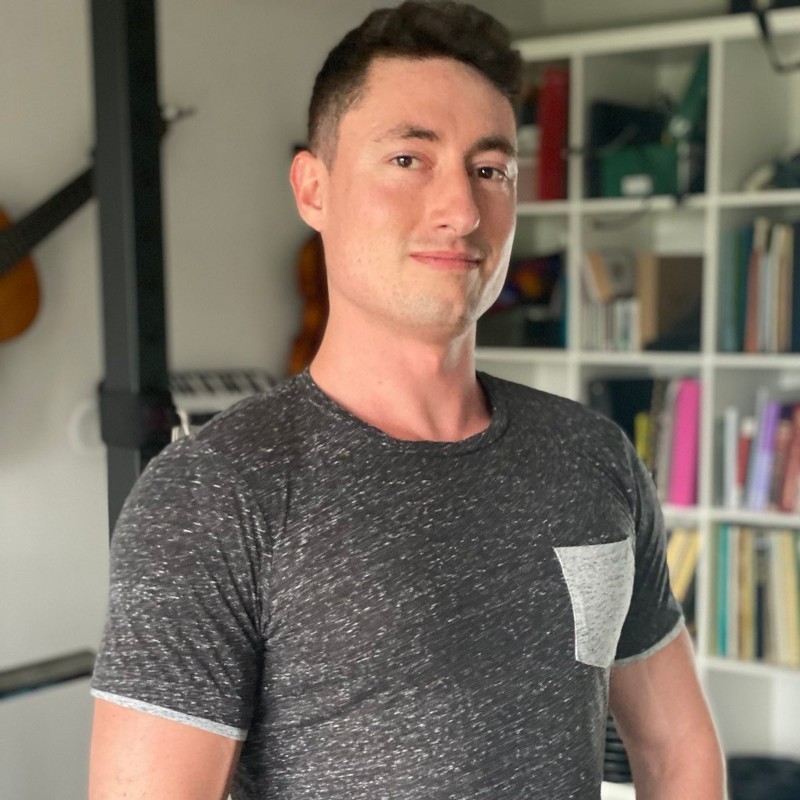Who am I?

I am a well-rounded software developer and computer science educator based in Montreal with both a broad skillset and deep technical expertise. I hold a master’s degree in computer science from McGill University.
My technical professional experience spans nearly a decade. It includes (full-stack) web development, systems integration, systems engineering, high-performance computing, programming languages development, low-latency computing, big data warehousing, and even academic research in theoretical computer science.
Besides technical know-how, I am a faculty member of McGill’s School of Computer Science, where I teach first- and second-year courses on systems and programming language theory to roughly a thousand students each year. Recurring highlights from student evaluations of my teaching are the clarity of my communication and my exceptional organizational ability.
Together with my partner Eric Mayhew, I run a workshop through McGill’s CDSI about machine learning fundamentals in Python – this is the continuation of our work beginning in 2017 on teaching CS in informal contexts, called Computing Workshop.
Outside of work, I have a fondness of fitness-related activities. In the warmer months, I spend as much time as I can outside and on my bike – in summer 2025, I cycled 1500km. In the colder months, I prefer to stay inside, at the gym, lifting weights.